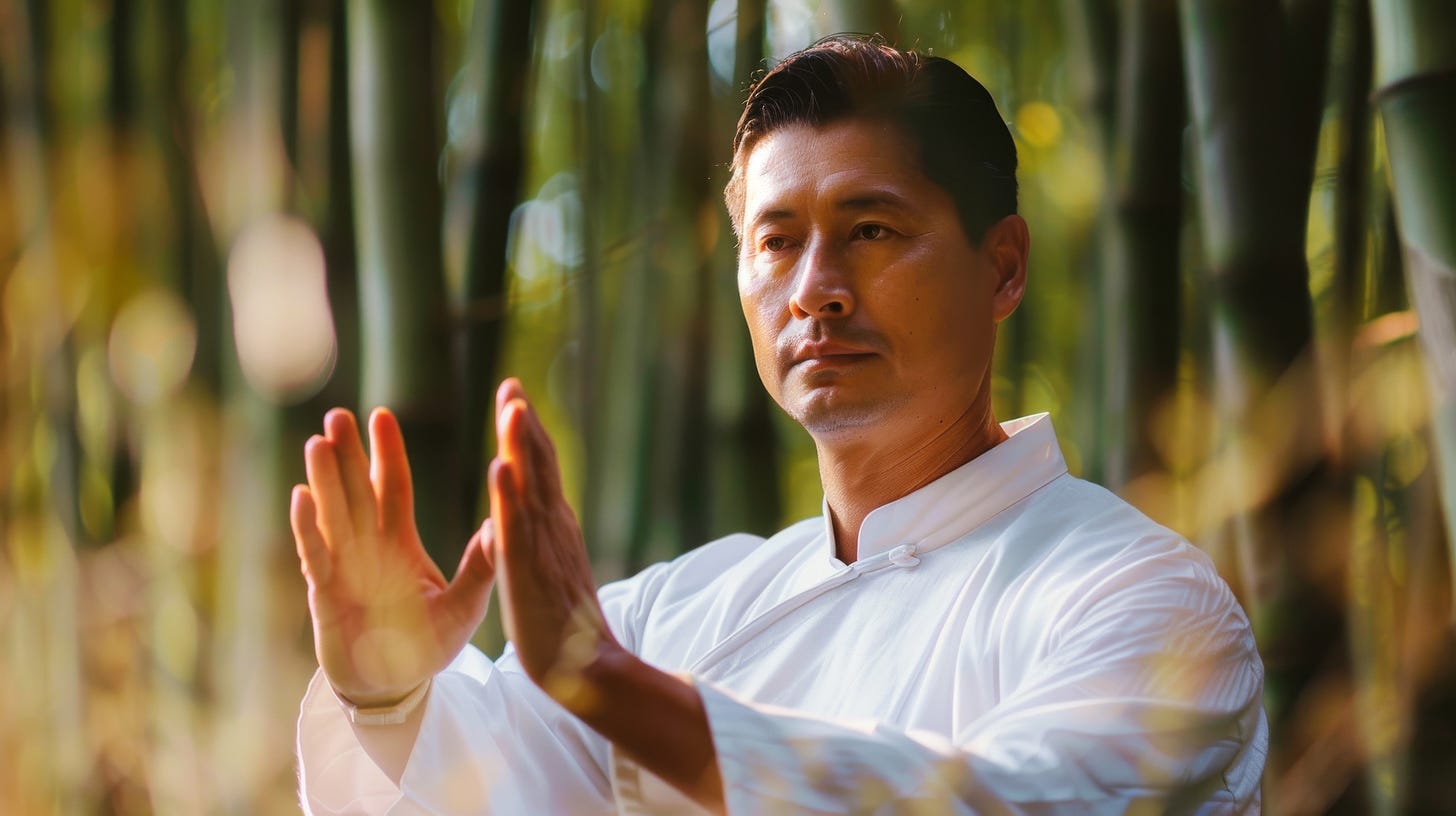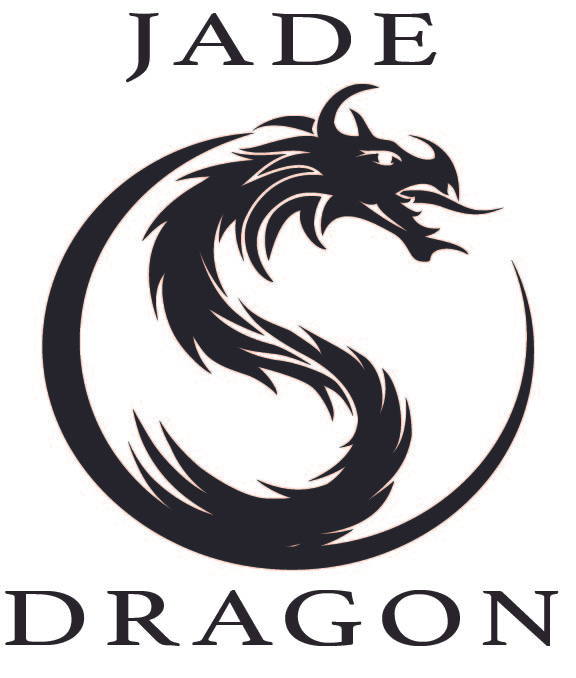Peer-Reviewed Research: Endocrine Changes during Qigong Therapy
The study titled "Endocrine Changes during Qigong Therapy" investigates the physiological effects of Qigong therapy on both Qigong masters and their patients by measuring specific endocrine parameters. Conducted by Higuchi et al., this research examines how different methods of Qigong practice—those utilizing internal qi versus external qi—affect the levels of cortisol, adrenaline, noradrenaline, dopamine, and β-endorphin in the blood.
Methodology
Three Qigong masters and their respective patients participated in this study. The masters, identified as A, B, and C, employed different techniques. Master A used his internal qi, while Masters B and C did not. The study involved measuring the endocrine responses before and after a 40-minute Qigong therapy session. Blood samples were taken from the participants at three intervals: before the therapy, immediately after, and 40 minutes post-therapy.
Participants:
Master A: A 52-year-old Japanese male with 18 years of experience, utilizing internal qi. His patient was a 36-year-old female lung cancer survivor.
Master B: A 49-year-old Chinese male with 35 years of experience, not using internal qi. He treated two male patients, aged 28 and 31, with collagenosis and autonomic imbalance, respectively.
Master C: A 46-year-old Chinese female with 16 years of experience, also not using internal qi. Her patient was a 48-year-old female with uterine cancer.
Procedure: Blood samples were collected from the participants before, immediately after, and 40 minutes following the Qigong therapy. The levels of cortisol, adrenaline, noradrenaline, dopamine, and β-endorphin were measured using radioimmunoassay and high-performance liquid chromatography (HPLC).
Results
The study reported distinct differences in endocrine responses between the Qigong masters and their patients based on the type of qi used during the therapy.
Master A:
Master A's Endocrine Changes: The levels of cortisol, adrenaline, noradrenaline, dopamine, and β-endorphin significantly increased immediately after the therapy.
Patient H.N.: In contrast, H.N. showed a decrease in cortisol, β-endorphin, and dopamine levels, indicating relaxation and reduced stress.
Master B:
Master B's Endocrine Changes: Both cortisol and adrenaline levels decreased, while noradrenaline increased slightly.
Patients I.N. and D.S.: Both patients demonstrated a decrease in cortisol, adrenaline, and noradrenaline levels, suggesting a relaxation response.
Master C:
Master C's Endocrine Changes: Similar to Master B, all measured parameters (cortisol, adrenaline, noradrenaline, and dopamine) decreased.
Patient Y.T.: Y.T. also exhibited a decrease in all parameters except for adrenaline, which remained relatively unchanged.
Discussion
The findings suggest that the type of qi used by the Qigong master influences the endocrine responses in both the master and the patient. Specifically, the use of internal qi (by Master A) resulted in increased endocrine activity in the master but decreased activity in the patient, implying a transfer of energy leading to patient relaxation and reduced stress. Conversely, Masters B and C, who used external qi, showed a general decrease in endocrine activity for both themselves and their patients, indicating mutual relaxation and stress alleviation.
The study aligns with previous research by Higuchi et al. (1998), which demonstrated that external qi treatments could suppress cancer cell growth in mice. The current research extends these findings to human participants, highlighting the differential effects of internal and external qi on endocrine responses.
Conclusion
This study provides valuable insights into the physiological mechanisms underlying Qigong therapy. The results indicate that different Qigong practices can elicit varied endocrine responses, potentially leading to stress reduction and relaxation in patients. These findings contribute to the broader understanding of how traditional Chinese therapeutic practices can influence modern medical outcomes.
Reference
Higuchi, Y., Kotani, Y., Higuchi, H., Minegishi, Y., & Momose, S. (1999). Endocrine changes during Qigong therapy. Journal of the International Society of Life Information Science, 17(1), 83-86.
For more information on how practices like Qigong and meditation influence mental and physical health, please head over to www.jadedragon.org.
If you found this post informative, we kindly request you to like, comment, subscribe, and share it with your friends and family. Spreading the word will help us reach more people, offering them the potential for improved health, strength, and peace of mind.



